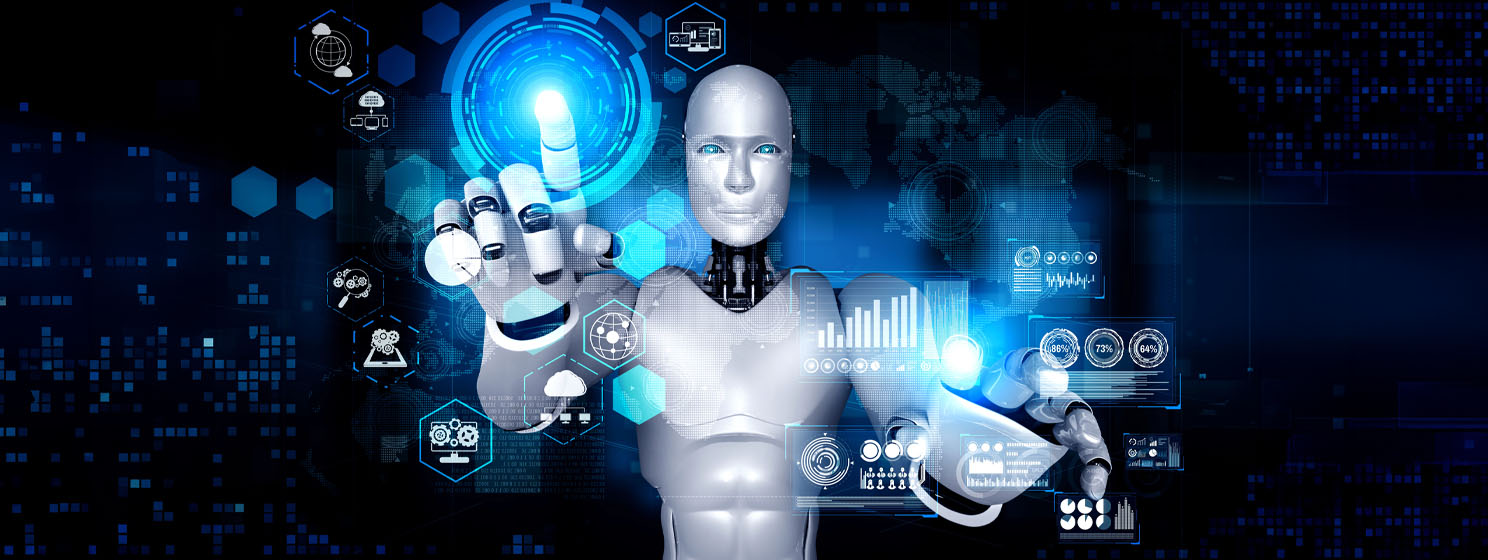|
Getting your Trinity Audio player ready...
|
BSV blockchain developers can now create their own AI agents to do some of their routine work for them. Luke Rohenaz of 1Sat Ordinals built the BSV MCP server based on Anthropic’s Model Context Protocol, adding a built-in wallet allowing agents to make transactions.
BSV MCP server can perform many helpful tasks, including generating keys, decoding transactions or scripts, fetching transaction data from TXIDs, and more. Developers can create AI agents to perform these routine tasks, saving them time by not requiring them to open a block explorer constantly.
Speaking to CoinGeek, Rohenaz said he built the BSV MCP server along with several other development tools to help him work with Bitcoin more easily, such as this Visual Studio plugin.
“With coding assistants working so seamlessly in IDEs these says, the lack of awareness of on-chain data and tools for the AI agent leaves some big gaps in the workflow when building Bitcoin apps. Having these kind of tools available to the agent, even something as simple as encoding/decoding hex and base64 strings (common task when working with various Bitcoin-related protocols and APIs), can really change the experience a lot.”

But that’s not all. Rohenaz began adding more specific functionality to the MCP server, giving it a wallet and allowing it to interact with 1Sat Ordinals.
“Once I had the basic functionality working for some of the most common tools, it was obvious the agent could easily support a wallet, use the 1Sat API to find things on the market, even mint new ordinals and send them around,” he said.
Yours Wallet founder Dan Wagner then “made an awesome contribution” by adding support for the new MNEE stablecoin (which also runs on 1Sat Ordinals):
Developers who want to stay at the cutting edge of Bitcoin innovation should watch Rohenaz’s work. He noted that the BSV MCP server is just the first of many useful tools he’s working on.
“It’s pretty great our tooling and libraries are getting to a point where this is possible… It’s still very early but it’s already clear this tool will be something Bitcoin devs will find a ton of value in, so we plan to continue development of this and improve its capabilities over time.”
He’s not wrong—this is one of the coolest new things we’ve seen lately (though there’s some tough competition). There are bound to be applications for this kind of technology that go far beyond just assisting developers, and developers will be able to use all that time they save to be more creative.
What is Model Context Protocol (MCP)?
Model Context Protocol (MCP) is an open standard for AI developers, released in November 2024 by Anthropic. It’s a standardized interface to connect different AI models, such as LLMs, to external data sources and other tools, APIs, databases, or file systems—instead of being limited to their own training data. It’s frequently referred to as being “like USB-C for AI, ” allowing AIs to interact with the wider world.
BSV MCP server is just one part of MCP’s client-server architecture. Overall, this architecture consists of MCP Hosts needing external data (including AI applications like Anthropic’s Claude and others, as well as IDEs), MCP Clients to manage the secure connections between hosts/servers, and the MCP servers themselves. These servers are intended to be lightweight programs to perform tasks by accessing specific data sources (like GitHub, Google Drive (NASDAQ: GOOGL), or chat apps). BSV MCP server’s data source is BSV blockchain data.
Model Context Protocol is also designed to be secure. Private credentials stay on the server, and (as seen in the X posts above) an agent should still ask for human approval before performing an action, especially when monetary value is involved, at least for now.
In order for artificial intelligence (AI) to work right within the law and thrive in the face of growing challenges, it needs to integrate an enterprise blockchain system that ensures data input quality and ownership—allowing it to keep data safe while also guaranteeing the immutability of data. Check out CoinGeek’s coverage on this emerging tech to learn more why Enterprise blockchain will be the backbone of AI.
Watch: Developers can propel the BSV blockchain forward

 12-16-2025
12-16-2025 





